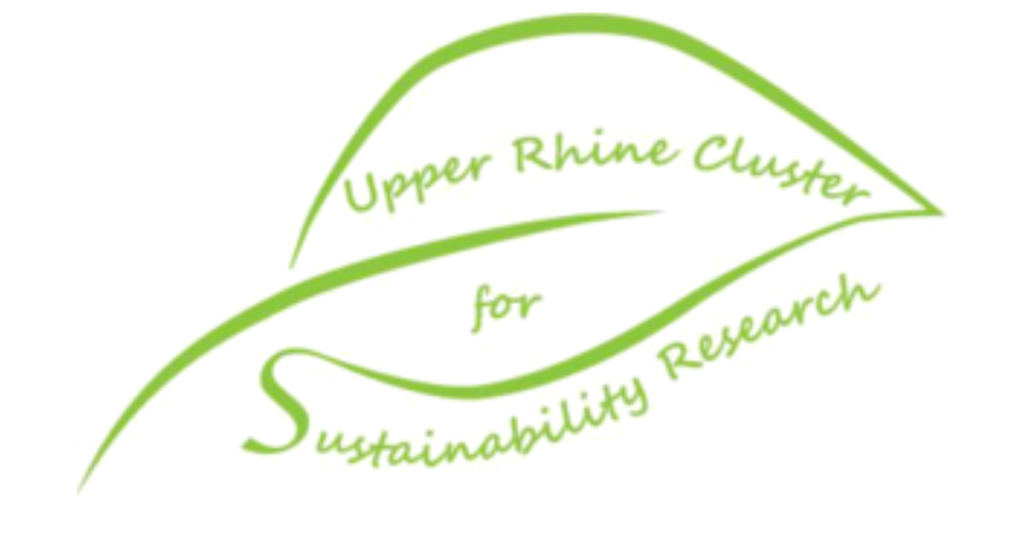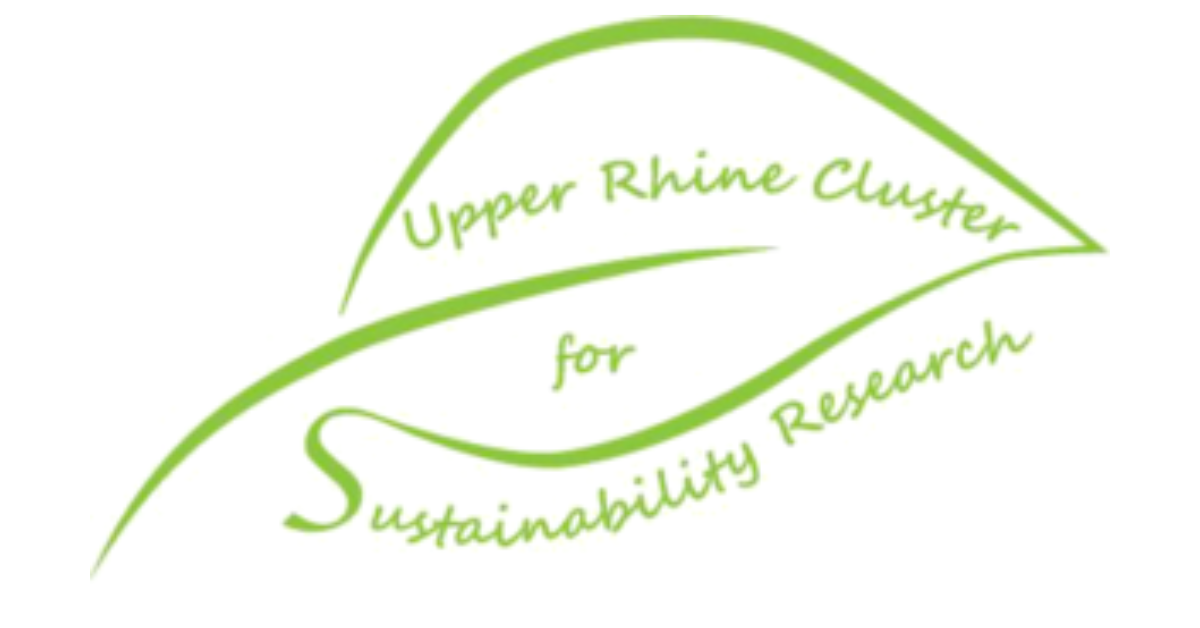In the face of escalating environmental challenges, universities have emerged as pivotal players in sustainability research. This article examines how higher education institutions are at the forefront of exploring sustainable practices, developing innovative solutions, and fostering a culture of environmental responsibility. By leveraging their resources, expertise, and networks, universities are not only contributing to academic discourse but also influencing real-world change.

What Is Sustainability in Higher Education?
Sustainability encompasses a broad range of practices and principles aimed at meeting the needs of the present without compromising future generations’ ability to meet theirs. In the context of higher education, sustainability involves a comprehensive approach that integrates environmental, economic, and social dimensions. Universities play a crucial role in advancing sustainability through research, education, and community engagement, making them essential to global sustainability efforts.
The Essential Role of Universities in Sustainability Research
1. Producing Knowledge and Insights
Universities serve as major knowledge producers, generating research that sheds light on various sustainability issues. Key research areas include:
- Climate Change Analysis: Investigating the causes and consequences of climate change while developing mitigation strategies.
- Sustainable Resource Management: Exploring effective practices for managing natural resources like water, soil, and biodiversity.
- Social Dimensions of Sustainability: Examining how social equity intersects with environmental issues, ensuring that sustainability efforts benefit all communities.
By engaging in interdisciplinary collaboration, researchers at universities create a rich body of knowledge that informs policy and practice.
2. Fostering Innovation
Research in sustainability often leads to the development of innovative technologies and practices. Universities are incubators of ideas and solutions, focusing on:
- Green Technology Development: Research in engineering and technology departments has resulted in advancements in renewable energy, waste management, and sustainable materials.
- Sustainable Practices: Investigating methods for sustainable agriculture, urban planning, and conservation techniques.
Through innovation, universities contribute to creating practical solutions that can be implemented across various sectors.
3. Advocacy and Policy Influence
Universities have a responsibility to translate research findings into actionable policies and practices. This includes:
- Collaboration with Government and Organizations: Working alongside governmental agencies and non-profits to develop evidence-based policies that promote sustainability.
- Public Engagement: Engaging with local communities to raise awareness about sustainability issues and empower them to take action.
By advocating for sustainable practices, universities can influence local, national, and international policy agendas.
4. Education and Capacity Building
Education is a fundamental aspect of sustainability research. Universities integrate sustainability into their curricula, preparing the next generation of leaders and change-makers. This involves:
- Interdisciplinary Curriculum Design: Offering programs that blend environmental studies, economics, and social sciences to provide a holistic understanding of sustainability.
- Experiential Learning Opportunities: Allowing students to engage in real-world sustainability projects, from research initiatives to community service programs.
By prioritizing sustainability education, universities cultivate a culture of responsibility and awareness among their students.
Key Areas of Focus in University Sustainability Research
1. Climate Research
Climate research is a cornerstone of sustainability initiatives. Universities investigate the implications of climate change on ecosystems, communities, and economies, developing strategies for mitigation and adaptation. Important findings often guide international climate negotiations and inform local climate action plans.
2. Food Systems and Agriculture
Research in sustainable agriculture aims to enhance food security while minimizing environmental impact. Key areas of focus include:
- Organic Farming Practices: Exploring the benefits of organic methods and their potential to improve soil health and biodiversity.
- Food Waste Reduction: Developing strategies to minimize food waste at both the consumer and institutional levels.
By addressing these challenges, universities contribute to creating resilient food systems.
3. Renewable Energy Research
Universities are at the forefront of renewable energy research, focusing on:
- Efficiency Improvements: Developing more effective solar panels, wind turbines, and other renewable energy technologies.
- Energy Policy Analysis: Assessing the economic and environmental impacts of transitioning to renewable energy sources.
These efforts support the global shift toward a sustainable energy future.
4. Water Management
Sustainable water management is crucial for addressing global water scarcity and ensuring access to clean water. Research areas include:
- Innovative Conservation Techniques: Investigating methods for efficient water use in agriculture and urban environments.
- Pollution Control Strategies: Developing approaches to reduce contaminants and protect water quality.
These research initiatives are vital for safeguarding this essential resource.
Broader Implications of University Sustainability Research
The impact of university sustainability research extends beyond academic confines, influencing various sectors and communities.
1. Informing Policy and Practice
Research findings often play a critical role in shaping environmental policies. Universities provide the evidence needed to support policy reforms and promote sustainable practices at local, national, and global levels.
2. Economic Development
Sustainability research can stimulate economic growth by fostering innovation and creating green jobs. Universities contribute to the development of new industries focused on sustainability, enhancing local and national economies.
3. Community Engagement
Through outreach and educational programs, universities raise awareness about sustainability issues within local communities. By empowering individuals and organizations to adopt sustainable practices, they foster a collective commitment to environmental stewardship.
Challenges Facing Sustainability Research in Universities
Despite the progress made, several challenges persist in the realm of sustainability research:
1. Funding Limitations
Many sustainability research initiatives rely on external funding, which can be unpredictable and competitive. Limited resources may hinder the ability to conduct comprehensive and long-term studies.
2. Institutional Barriers to Collaboration
While sustainability research is inherently interdisciplinary, institutional structures may create barriers to collaboration among departments. Breaking down these silos is crucial for maximizing research impact.
3. Data Availability and Quality
Access to high-quality data is essential for effective sustainability research. Researchers often face challenges in obtaining reliable data, which can limit the scope and applicability of their findings.
Future Directions for University Sustainability Research
As global sustainability challenges evolve, universities must adapt their research efforts accordingly. Future directions may include:
1. Emphasis on Social Justice
Integrating social equity considerations into sustainability research ensures that all communities benefit from environmental policies and practices. This approach fosters inclusivity and fairness in sustainability efforts.
2. Leveraging Technology
Utilizing advancements in technology, such as big data and artificial intelligence, can enhance research capabilities and improve decision-making processes related to sustainability.
3. Strengthening International Collaboration
Collaborating with universities and research institutions worldwide can facilitate knowledge sharing and the development of best practices in sustainability research.
Conclusion
University sustainability research plays a vital role in addressing pressing environmental issues and fostering a more sustainable future. By generating knowledge, driving innovation, influencing policy, and educating future leaders, universities contribute significantly to global sustainability efforts. As they continue to evolve and adapt to new challenges, universities will remain at the forefront of advancing sustainability in both research and practice.
